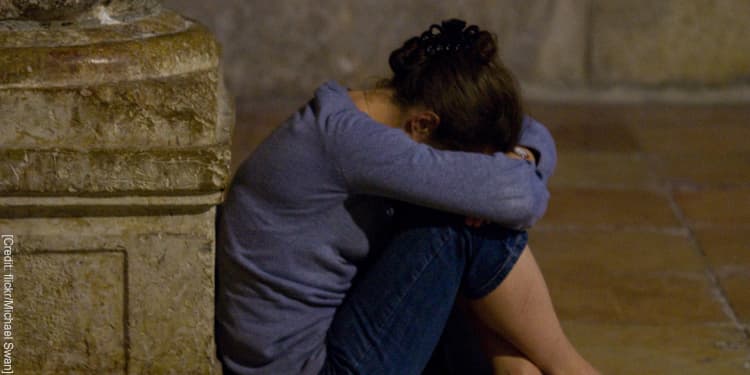Overcome Our Negative Judgments
Yael Eckstein | June 21, 2021

… and Moab was terrified because there were so many people. Indeed, Moab was filled with dread because of the Israelites. – Numbers 22:3
Each week in synagogue, Jews read through the Torah from Genesis to Deuteronomy. The Torah portion for this week is Balak, after the king of the Moabites, from Numbers 22:2–25:9.
Every day in my work, I see that Israel is a paradox in the eyes of the world. Some, like The Fellowship’s Christian supporters, see Israel as a source of blessing. At the same time, so many others judge Israel harshly, heaping a barrage of accusations and condemnations on our tiny country, despite all the ways Israel contributes to making the world a better place.
In this week’s Torah portion, we read that the nation of Moab was terrified by the Israelites. Scripture tells us that the people of Moab judged the Israelites harshly. What’s more, their negative judgment was not based on anything substantial.
Motivated by his own fear, Balak, the king of Moab, sought out Balaam, the non-Israelite prophet, to curse God’s people. Balak did this despite the fact that the Israelites were encamped peacefully and posed no threat to him or to his country. Like many of Israel’s critics today, his severe judgment of them was totally unjustified.
Overcoming Negative Judgments
According to Jewish teachings, we are required to judge everyone with whom we interact favorably. Yet, how often are our negative judgments based on our own fears or on our misperceptions?
We may judge others negatively because of whatever we’re going through, letting our own subjective feelings interfere with our perception of a person or a situation. Similarly, if another person mistreats us, perhaps it has nothing to do with us personally; perhaps their unpleasantness is driven by some fear or misperception of theirs. After all, the king of Moab tried to get Balaam to curse the Israelites based solely on his own fear.
Jewish wisdom teaches that we should strive to overcome making negative judgments which can be potentially destructive. Instead, we are encouraged to search for the good in others. As we are also taught that God judges us as we judge others, it’s to our own benefit to look for the good in other people and to judge them favorably.
After all, wouldn’t we want others to so the same for us?
Your Turn:
How could you benefit from reconsidering your negative judgment of a specific person or situation in your life?
